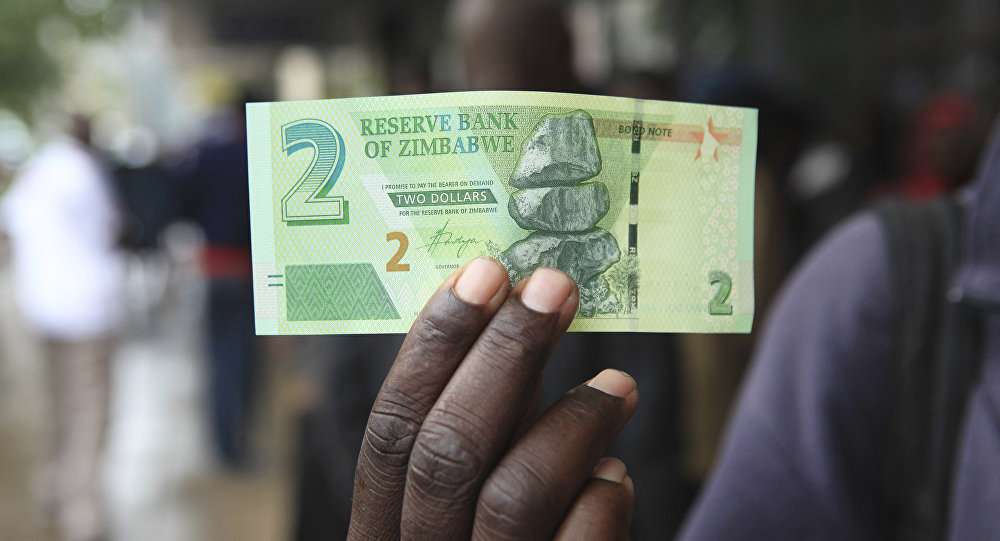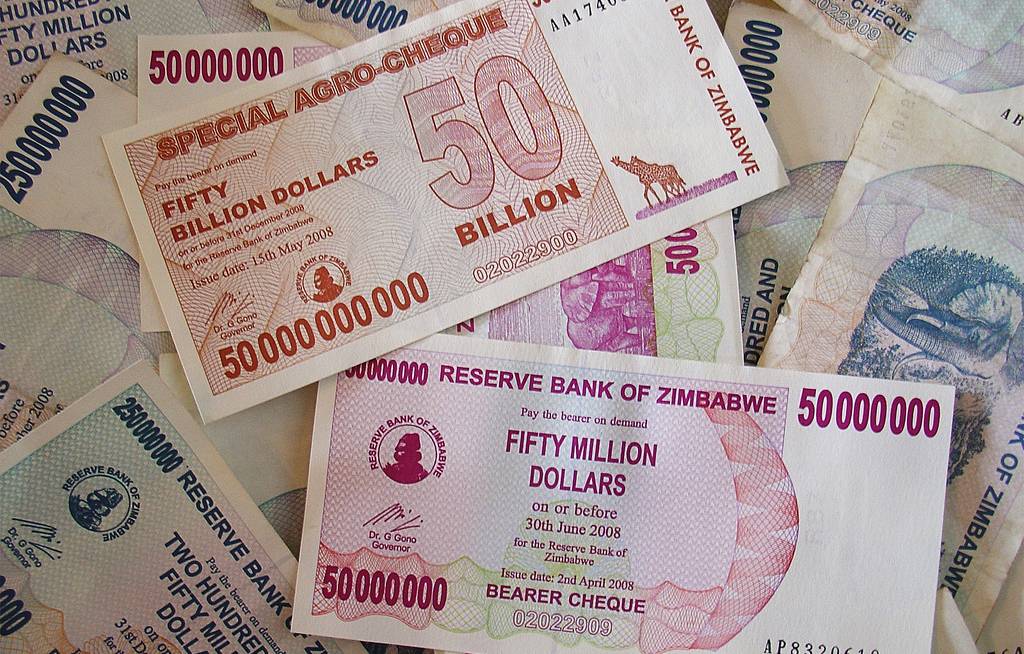ZIMBABWE – It seems like the Zimbabwe government cannot get anything right as far as its cash problems are concerned.
On Tuesday, the much-vaunted new Zimdollar notes were finally introduced to cash-starved citizens but there was little joy for citizens as the notes ran out at most banks soon after they were released.
The new bank notes were seen as a precursor to the return of the local currency, which was withdrawn in 2009 due to hyperinflation that peaked at a record 89,7 sextillion percent. A Z$100-trillion note, the highest denomination at the time, could buy just a handful of groceries.
Reserve Bank of Zimbabwe governor John Mangudya played down renewed fears that the new notes will further fuel the country’s galloping inflation, at 300% it is the second highest in the world after Venezuela.
It was also hoped that the new banknotes would help alleviate Zimbabwe’s reliance on US dollars, which are also in short supply. Zimbabwe ended the US dollar as its official reference currency in June and said it would introduction new notes to back up the reintroduced local currency from November.
On Monday, Mangudya said an initial Z$30m (ZWL) would be injected into the banking system from Tuesday with the central bank expected to continue “drip-feeding” the notes for the next six months.
The new Z$2 and Z$5 notes and coins were slated to start circulating on Monday but the central bank brought forward the release date to Tuesday.
Early on Tuesday morning, long queues formed at most banks in Harare as people jostled to get hold of the new notes.
Many were left disappointed as the majority of the banks issued withdrawal limits of Z$100 Zimbabwean dollar (ZWL) equivalent to just US$5.
Cash at most banks ran out in the morning and by the afternoon there were hardly any automated teller machines still dispensing the new notes in Harare.
Bank managers told Business Day that depositors needed to queue from as early as 5am in the days ahead to get cash, in a sign that the familiar woes of spending hours and nights queuing for cash are not over yet.
Harare-based economist Christopher Mugaga said the new notes would not solve the country’s deep-seated economic problems.
“There is nothing much that will change, expect maybe a reduction in the practice of selling cash,” he said in reference to the rampant exchanging of cash for mobile money, often at a premium of up to 60%.
“Our economic problems will still remain because we have a huge trade deficit that results in shortage of foreign currency. There is also a lack of investor confidence so these big problems will not go away just because we have new notes in circulation,” said Mugaga.
Business Times





